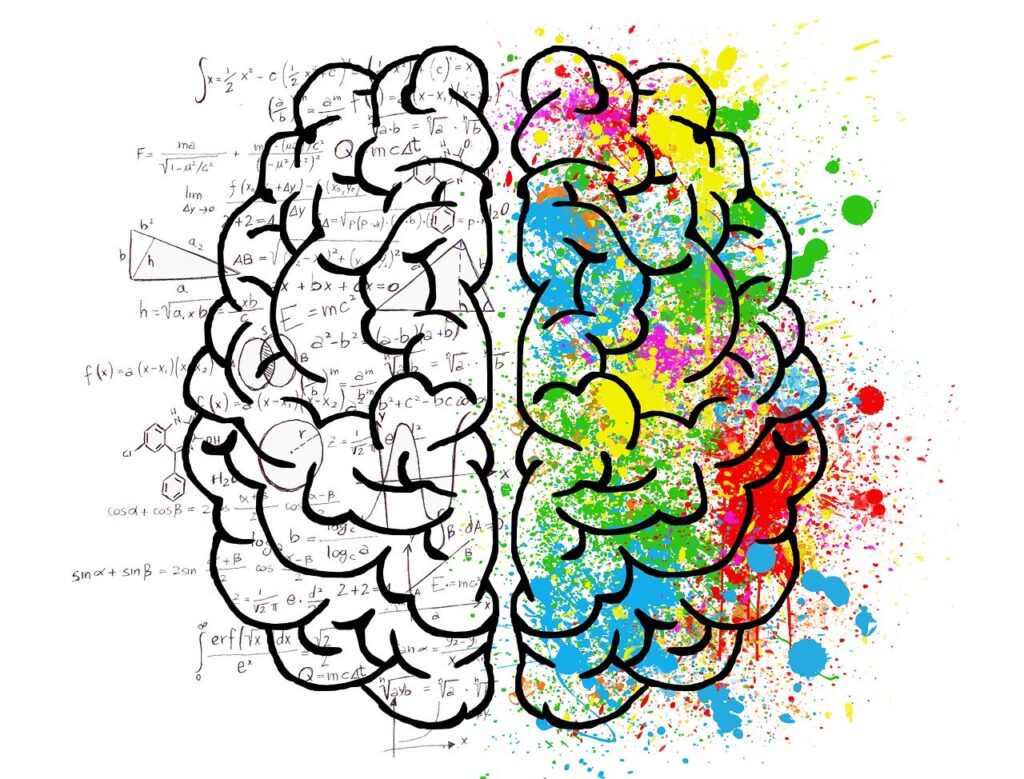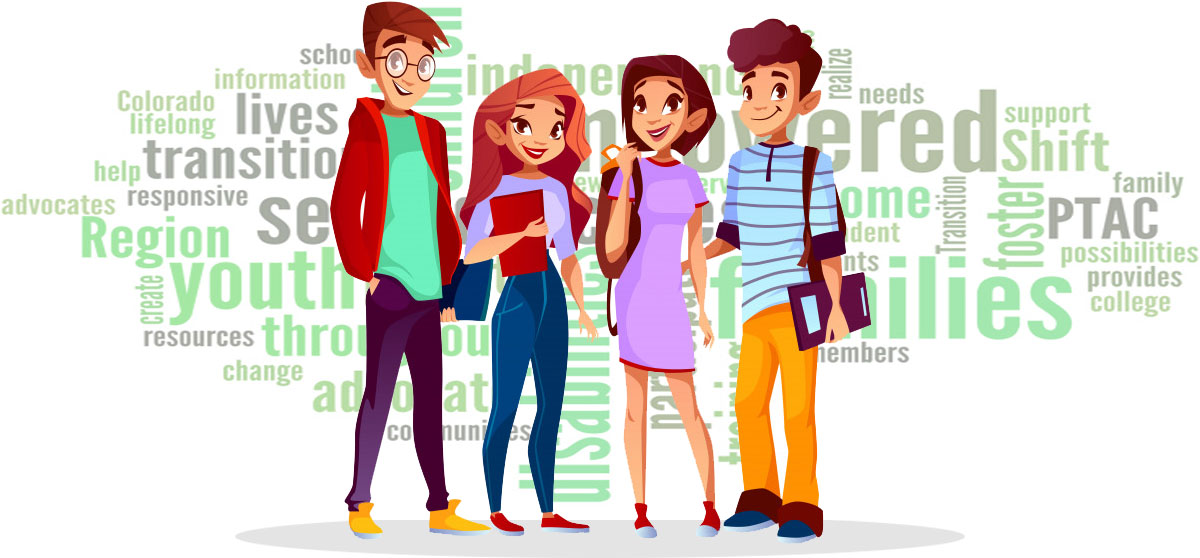Education
What is Sensory Processing Disorder?
Sensory Processing Disorder (SPD) is a neurological condition in which the brain has difficulty receiving and responding to information that comes in through the senses. Individuals with SPD may be oversensitive to certain stimuli, undersensitive to others, or both. Key aspects of Sensory Processing Disorder include: Types of SPD: Sensory Modulation Disorder: Difficulty regulating responses […]
Education
What is Sensory Integration?
Sensory integration is a neurological process that organizes sensory input from one’s body and the environment, allowing for effective use of the body within the environment. This theory and practice were developed by occupational therapist A. Jean Ayres in the 1960s. Sensory integration involves the brain’s ability to take in, process, and respond to sensory […]
Education
What is Self-Regulation?
Self-regulation refers to the ability to monitor and control one’s own behavior, emotions, and thoughts in pursuit of long-term goals. It involves managing impulses, delaying gratification, and adapting to changing circumstances. Self-regulation is a crucial skill that underpins many aspects of human behavior and is essential for personal, social, and academic success. Key components of […]
Education
What is Self-Questioning?
Self-questioning is a metacognitive strategy that involves asking oneself questions to enhance understanding, learning, and problem-solving. This technique encourages active engagement with information, promotes critical thinking, and helps individuals monitor their own comprehension and thought processes. Key benefits of self-questioning include: Improved reading comprehension Enhanced problem-solving skills Better retention of information Increased self-awareness and metacognition […]
Education
What is Self-Monitoring?
Self-monitoring is a psychological concept that refers to an individual’s ability to observe, regulate, and control their behavior, emotions, and self-presentation in social situations. It involves being aware of one’s own actions and adjusting them based on the social context and the perceived expectations of others. Mark Snyder, who introduced the concept in the 1970s, […]
Education
What is Self-Esteem?
Self-esteem refers to an individual’s overall sense of self-worth, personal value, and self-respect. It encompasses the beliefs and emotions that people have about themselves, including how they perceive their own competence, worthiness, and importance in the world. Self-esteem can be categorized into two main types: Global self-esteem: Overall evaluation of one’s worth across various life […]
Education
What is Self-Efficacy?
Self-efficacy, a concept introduced by psychologist Albert Bandura, refers to an individual’s belief in their ability to succeed in specific situations or accomplish particular tasks. It is not a measure of actual skills but rather the confidence in one’s capacity to use those skills effectively. Self-efficacy plays a crucial role in how people approach goals, […]
Education
What is Self-Correction?
Self-correction refers to the process of identifying and rectifying one’s own errors or mistakes without external intervention. This skill is crucial in various aspects of life, including learning, communication, and personal development. Self-correction demonstrates an individual’s ability to monitor their own performance, recognize discrepancies, and make necessary adjustments. In language learning and communication, self-correction involves […]
Education
What is Self-Concept?
Self-concept refers to an individual’s perception and understanding of themselves. It encompasses beliefs, ideas, and attitudes about one’s own identity, abilities, and characteristics. Self-concept is multifaceted and can include various aspects of a person’s life, such as physical attributes, personality traits, social roles, and personal values. The development of self-concept begins in early childhood and […]
Education
What is Self-Advocacy?
Self-advocacy is the ability to speak up for oneself and effectively communicate one’s needs, wants, and rights. It is an essential skill that empowers individuals to make their own decisions, assert their independence, and take control of their lives. Self-advocacy is particularly important for people with disabilities, mental health conditions, or other challenges that may […]














